Regulators monitor and enforce WHS laws in the Commonwealth, states and territories.
If a regulator or their inspector attends your workplace and asks you to produce documents, information or answer questions, you must comply.
Inspector powers
If an inspector attends your workplace, they have the power to require you to:
- tell them who has custody of, or access to, a document
- produce documents
- answer questions they ask.
Before exercising these powers, an inspector must identify themselves as an inspector. They must also:
- warn that failing to comply with a request without a reasonable excuse is an offence
- explain the effect of legal professional privilege and self-incrimination
If an inspector requires a document, they must make the request in writing, unless the circumstances require the inspector to have immediate access to the document.
Interviews with inspectors
If an inspector requests an interview with you, you can ask for it to be held in private. An inspector may also choose to conduct the interview in private. An assistant to an inspector and a representative of the person being interviewed can be present at an interview. This includes interviews conducted in private.
Regulator powers
The regulator can ask for information, documents or evidence that they reasonably believe:
- relate to a possible breach of WHS law
- will assist them to monitor compliance with WHS law
- will assist them to enforce WHS law.
Information could include board minutes, communications and emails.
Regulators can request information from you even if:
- it doesn’t contain WHS information (they don’t always know what’s in the information they request)
- you’re in a different jurisdiction.
Regulator requests for information, documents or answers must be in writing
The regulator must issue a written notice for their request to you to:
- provide a signed statement with information they require
- produce the documents they require
- appear at a time and place to answer questions or hand over the required information and documents.
If the regulator requests you in person, you may come with a lawyer.
Interviews with regulators
The regulator may only require you to attend an interview after trying all other reasonable ways to get the information.
The written notice should also say:
- failing to comply with the notice without a reasonable excuse is an offence
- the effect of legal professional privilege and self-incrimination.
Self-incrimination
Under the model WHS Act, a person cannot refuse to answer a question or provide information or documents to a regulator or inspector because doing so may incriminate them or expose them to a penalty.
If you are required to answer a question or provide information or documents, you should check with your regulator about self-incrimination provisions, as some jurisdictions differ from the model WHS Act.
Legal professional privilege
You do not have to give information or documents to the regulator or an inspector if they’re subject to legal professional privilege.
That means the information or documents were for the purpose of getting legal advice or for actual or anticipated litigation.
Confidentiality
Regulators and inspectors can’t disclose the information you give them to anyone else except in some cases, such as when:
- a court or tribunal requires them to
- if it is necessary for the exercise of a power or function under WHS laws
- you give consent.
Regulators can share information amongst themselves in exercising powers or functions
Supporting Information
- Law and regulation
- model WHS Laws
- Review of the model WHS laws
- Review of the model WHS laws - Terms of reference
- The development of the WHS Laws
- WHS laws in your jurisdiction
- How do the regulators enforce WHS laws
- National Compliance and Enforcement Policy
- The role of the WHS regulators
- What powers do inspectors have to enter workplaces

